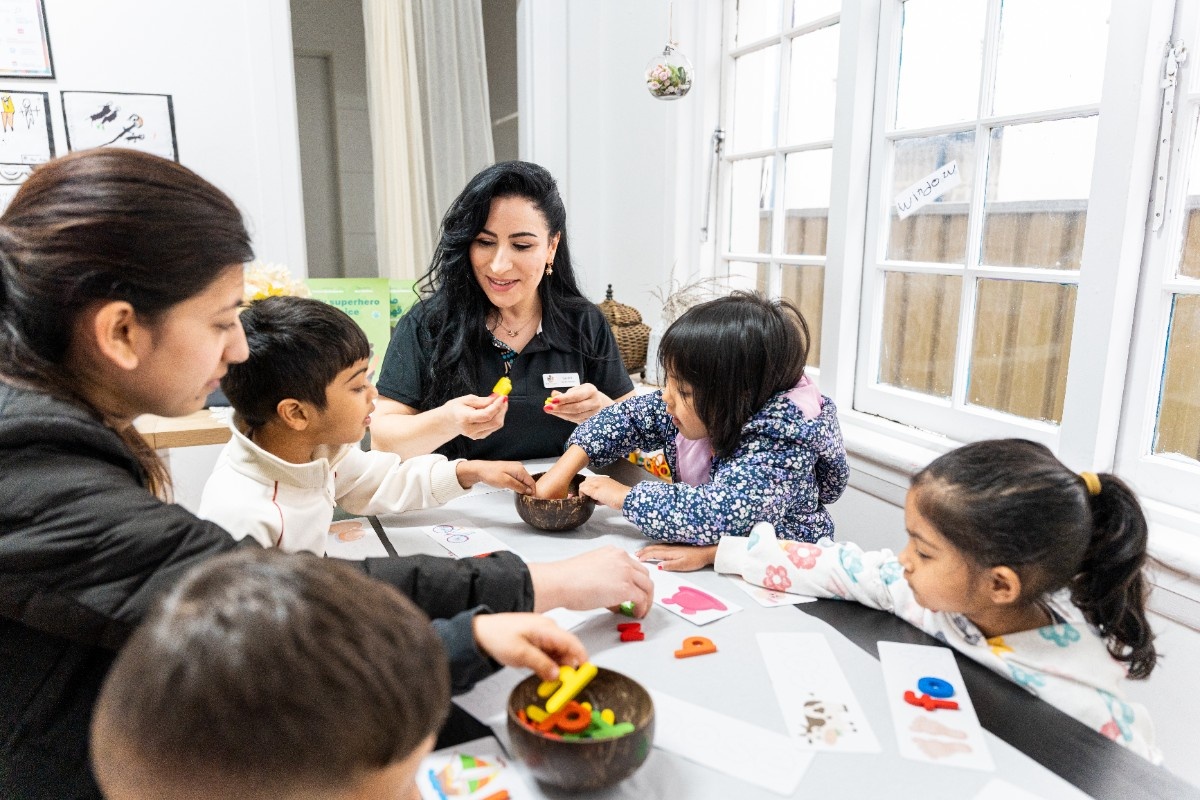Children explore the world with their hands. They touch, build, share, and sometimes put things straight into their mouths. It’s part of growing up, but it also means germs spread quickly.
As a parent, it’s easy to feel worried when sniffles or tummy bugs make the rounds. The good news is that small, consistent hygiene habits can make a huge difference.
At Next Generation Kindergarten, we teach children how to care for themselves through fun, simple routines that become second nature. Hygiene doesn’t need to be a battle. It can be part of play, learning, and daily rhythm.
Explaining Germs to Children
The tricky thing about germs is that children can’t see them. Talking about invisible bugs can feel abstract, but it’s important to make the idea relatable.
We explain germs as tiny “stickers” that move from hands to toys to faces. They’re not scary monsters. Just little things we can wash away. Using puppets, picture books, or simple stories helps children connect cause and effect: “If I wash my hands, I keep the stickers away.”
This early understanding gives children a sense of control. They don’t need to fear germs; they just need to know how to keep them in check.
Why Hygiene Habits Matter
Healthy habits do more than stop colds from spreading. They build skills children carry for life:
🗹 Stronger immunity: Regular handwashing reduces the chance of infections.
🗹 Confidence and independence: Children learn they can care for themselves.
🗹 Respect for others: Clean habits show consideration for friends and family.
🗹 School readiness: Routines like washing up before meals or after play prepare children for structured settings.
Hygiene isn’t about perfection. It’s about giving children tools to stay well, protect others, and feel capable in their daily lives.
Teaching Handwashing That Sticks
Handwashing is the single most effective way to keep germs at bay. But teaching it to children takes more than instructions. It needs to be fun, consistent, and empowering.
When to Wash Hands
We encourage children to wash at key moments:
🗹 Before eating
🗹 After using the toilet
🗹 After outdoor play
🗹 After coughing, sneezing, or wiping noses
These simple times build predictability. Children learn that clean hands are part of the flow of the day.
How to Wash Hands
Children don’t need complicated steps. The idea is to cover all areas – palms, backs of hands, between fingers, and under nails. Using child-safe soap and warm water, 20 seconds is enough.
We turn this into a game: bubbles, songs, and even pretend “germ chases” help make scrubbing fun.
Making It Fun
Songs like “Wash, Wash, Wash Your Hands” or counting games keep children engaged. Educators model handwashing alongside them, showing that even grown-ups wash with care.
At NGK, we weave handwashing into transitions so it feels natural, not forced. Children see it as part of play, not a chore.
Building Healthy Habits Beyond Handwashing
Clean hands are the start, but hygiene is a whole lifestyle. Small routines at home and school make a big difference.
Morning and Evening Routines
Brushing teeth, washing faces, and winding down with calm hygiene rituals turn health into a rhythm children can rely on. Consistency is what makes habits stick.
Toilet Hygiene
Toilet training is a milestone, and hygiene is part of it. Teaching children to flush, use wipes or paper, and always wash afterwards helps them build independence. We keep it positive and patient; mistakes are part of learning.
Personal Belongings
Sharing is wonderful, but not when it comes to water bottles, towels, or hairbrushes. We help children understand the idea of “yours and mine” through colour-coded hooks and personal cubbies. It’s a simple way to protect health while teaching respect.
When Soap Isn’t Available
Hand sanitiser can be a useful backup during outings. We show children how to use a small drop safely, with an adult nearby. But soap and water remain the gold standard whenever possible.
Making Hygiene Engaging

Children learn best through play. That’s why we turn hygiene into something enjoyable and memorable.
🗹 Storytelling: Characters like “Captain Clean” or “Harriet the Soap Hero” bring hygiene to life.
🗹 Games: Matching germs to their “hiding places” or chasing pretend bugs during outdoor play.
🗹 Charts and visuals: Stickers, colourful posters, and hygiene stations give children cues they can follow independently.
🗹 Role play: Pretend kitchens or doctor games let children practice habits in imaginative ways.
At NGK, these playful touches make hygiene less about rules and more about pride in being capable and clean.
At Home
Parents can encourage handwashing before meals, involve children in cooking (touching, smelling, tasting safe foods), and use bath time as a playful hygiene moment.
At Kindergarten
We integrate hygiene into transitions – washing before snacks, wiping down shared toys, and modelling clean habits as educators. Children learn by doing, not by lectures.
Outdoors
Playgrounds, sandpits, and gardens are messy fun. That’s part of the joy. We make sure children wash up afterwards, clean scrapes properly, and return ready for the next activity.
Encouraging Children Through Role Models
Children copy what they see. When parents and educators model clean habits, children follow naturally.
That’s why at NGK, educators always wash their hands alongside children, use tissues properly, and explain small hygiene steps calmly. Instead of “don’t,” we focus on “do”: “Let’s catch that sneeze in a tissue” or “Let’s wash before snack so we can enjoy it together.”
At home, parents can reinforce this by joining hygiene routines. Shared actions like washing hands together before dinner show children that hygiene is something everyone does, not just something they’re told to do.
A Healthy Future Starts with Small Habits
Children don’t need to live in germ-free bubbles. What they need are simple, consistent routines that help them stay healthy and confident.
At Next Generation Kindergarten, hygiene is part of our daily rhythm. Through songs, games, and modelling, we make habits like handwashing feel natural and joyful.
The result? Fewer sick days, calmer routines, and children who feel proud of their independence.
If you’d like to see how we turn everyday hygiene into lifelong healthy habits, visit us at our Chester Hill centre. Book a tour today and discover how we make health and play go hand in hand.
FAQs
How do I get my child to wash hands without nagging?
Make it playful. Use songs, bubbles, or short games. Turning it into fun reduces resistance and helps the habit stick.
What if my child hates soap?
Offer gentle, child-safe options with mild scents or no fragrance. Let your child choose their soap; giving them ownership makes them more willing.
How do I balance hygiene with letting kids explore?
Messy play is healthy. The key is washing up after. Encourage exploration, then guide children to clean their hands before moving on.
Do rewards help with hygiene routines?
Yes, but keep them simple. Stickers, praise, or “high five for clean hands” work better than material prizes. Consistency matters more than rewards.
How can I explain why hygiene is important without scaring my child?
Keep it positive. Frame it as “clean hands help us stay strong and play more,” instead of focusing on germs making people sick.





